Understanding the Basics and Its Importance in the Steel Industry Pig iron is a vital raw material used in the production of steel, playing a significant role in various industries worldwide. This article aims to provide readers with a comprehensive overview of pig iron, its properties, production process, and its importance in the steel industry. What is Pig Iron? Pig iron is an intermediate product created during the smelting of iron ore in a blast furnace. It is a crude form of iron that contains a high carbon content, making it brittle and unsuitable for most applications. However, pig iron serves as a foundational material for producing different types of steel. Production Process: Pig iron production begins with extracting iron ore from the earth through mining. The extracted ore undergoes several processes, including crushing, screening, and blending, to ensure consistent quality.
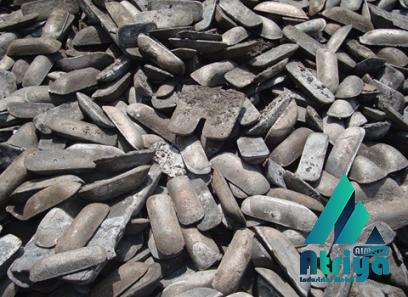
.
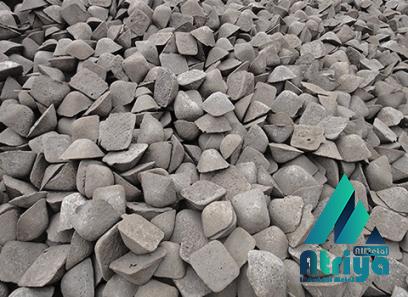 Then, it is smelted in a blast furnace at extremely high temperatures of around 1,500 degrees Celsius. Once in the blast furnace, a mixture of iron ore, coke, and limestone is added. Coke is a carbon-rich material derived from coal, acting as a fuel and reducing agent. Limestone helps remove impurities, such as sulfur and phosphorus, during the smelting process. The intense heat and chemical reactions within the furnace separate the iron from the ore, forming molten pig iron. Properties of Pig Iron: Pig iron has distinct properties that differentiate it from other forms of iron. It is known for its high carbon content, typically ranging between 3.5% to 4.5%. Additionally, it contains varying amounts of other impurities like sulfur, silicon, manganese, and phosphorus.
Then, it is smelted in a blast furnace at extremely high temperatures of around 1,500 degrees Celsius. Once in the blast furnace, a mixture of iron ore, coke, and limestone is added. Coke is a carbon-rich material derived from coal, acting as a fuel and reducing agent. Limestone helps remove impurities, such as sulfur and phosphorus, during the smelting process. The intense heat and chemical reactions within the furnace separate the iron from the ore, forming molten pig iron. Properties of Pig Iron: Pig iron has distinct properties that differentiate it from other forms of iron. It is known for its high carbon content, typically ranging between 3.5% to 4.5%. Additionally, it contains varying amounts of other impurities like sulfur, silicon, manganese, and phosphorus.
..
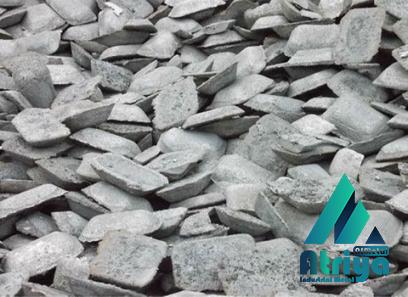 Due to its high carbon content, pig iron is brittle and cannot be easily molded or shaped. However, its unique composition allows it to be further processed into various forms of steel. Importance in the Steel Industry: Pig iron holds immense significance in the steel industry, acting as the cornerstone for steel production. It serves as a feedstock for steelmaking processes that transform it into different forms of steel based on desired properties. By adjusting the carbon content and alloying elements, pig iron can be converted into steel with varying strengths, hardness, and corrosion resistance. This flexibility makes pig iron a critical component in manufacturing a wide range of steel products, including automobiles, appliances, construction materials, and machinery.
Due to its high carbon content, pig iron is brittle and cannot be easily molded or shaped. However, its unique composition allows it to be further processed into various forms of steel. Importance in the Steel Industry: Pig iron holds immense significance in the steel industry, acting as the cornerstone for steel production. It serves as a feedstock for steelmaking processes that transform it into different forms of steel based on desired properties. By adjusting the carbon content and alloying elements, pig iron can be converted into steel with varying strengths, hardness, and corrosion resistance. This flexibility makes pig iron a critical component in manufacturing a wide range of steel products, including automobiles, appliances, construction materials, and machinery.
…
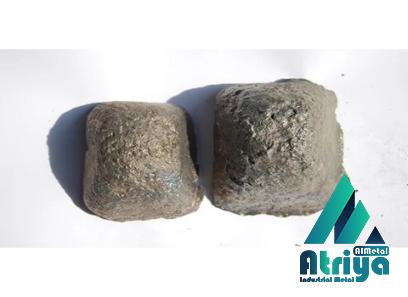 Furthermore, pig iron is often used as a raw material in the production of cast iron. Cast iron has a higher carbon content and excellent castability, making it ideal for applications such as pipes, fittings, and engine blocks. Conclusion: Pig iron plays an essential role in the global steel industry, serving as a foundational material for steel production. Despite its limitations in terms of brittleness and high carbon content, pig iron’s versatility allows for its transformation into various types of steel through controlled refining processes. With the constant demand for steel in numerous industries, the significance of pig iron cannot be overstated as it continues to be a vital raw material that fuels economic growth and development.
Furthermore, pig iron is often used as a raw material in the production of cast iron. Cast iron has a higher carbon content and excellent castability, making it ideal for applications such as pipes, fittings, and engine blocks. Conclusion: Pig iron plays an essential role in the global steel industry, serving as a foundational material for steel production. Despite its limitations in terms of brittleness and high carbon content, pig iron’s versatility allows for its transformation into various types of steel through controlled refining processes. With the constant demand for steel in numerous industries, the significance of pig iron cannot be overstated as it continues to be a vital raw material that fuels economic growth and development.

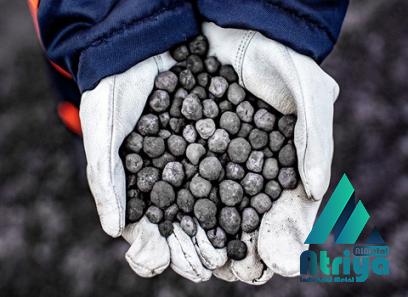
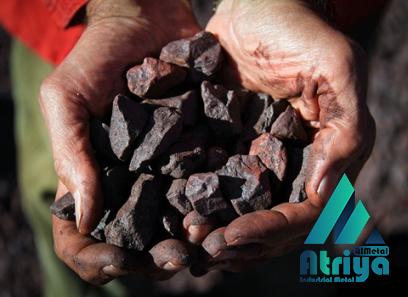
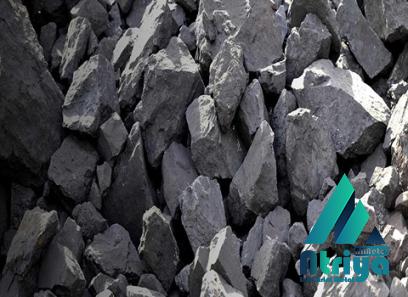
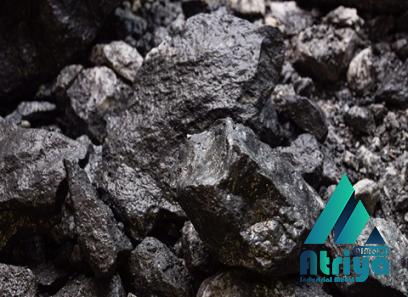

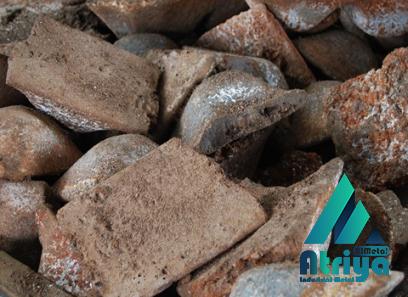

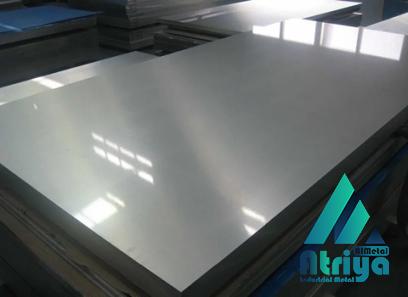
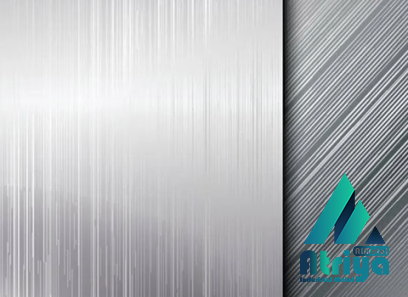
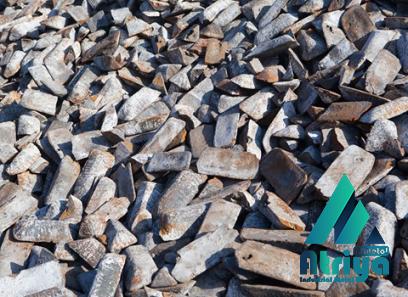
Your comment submitted.